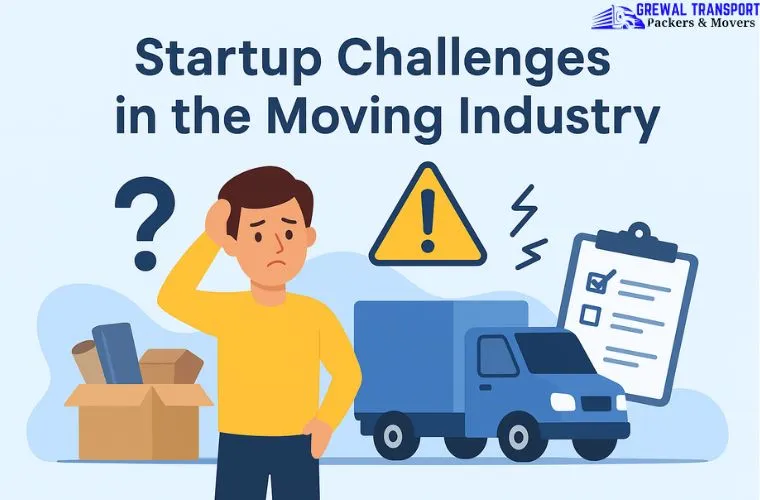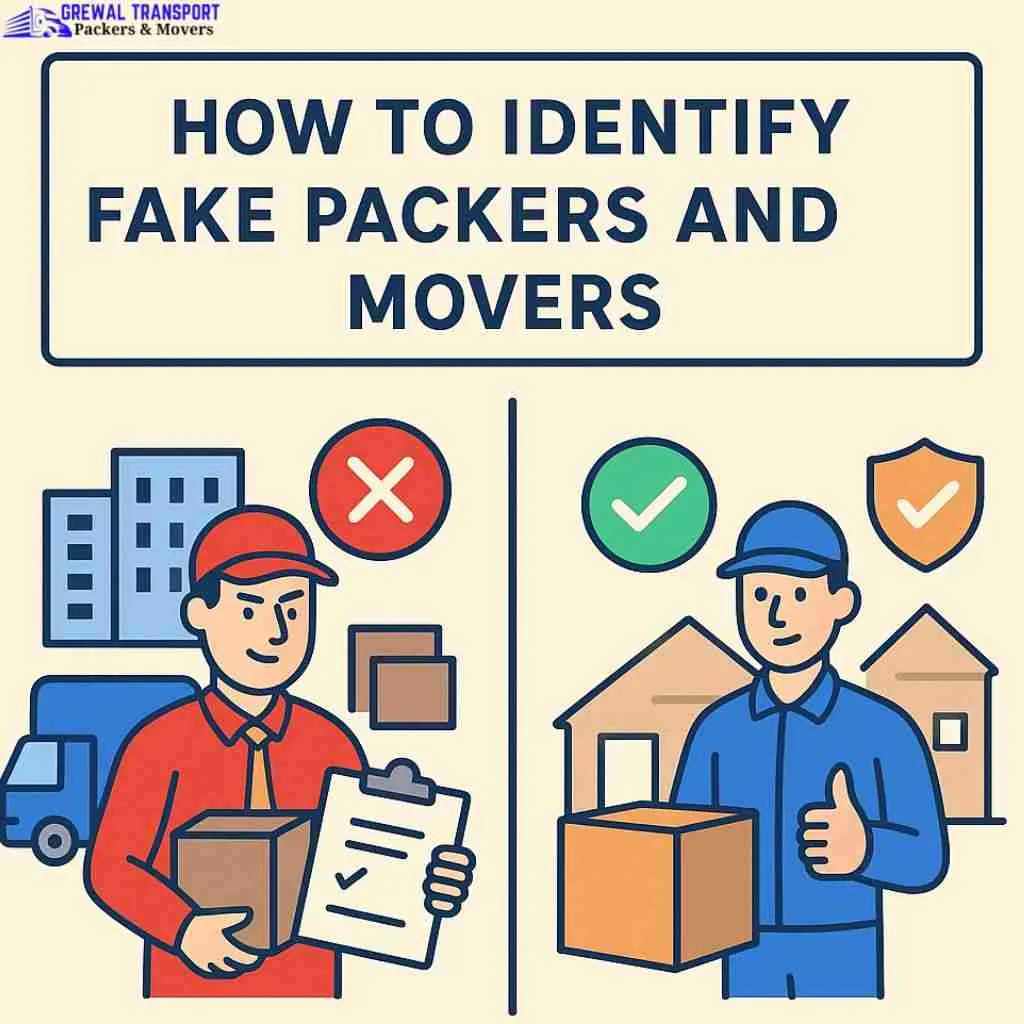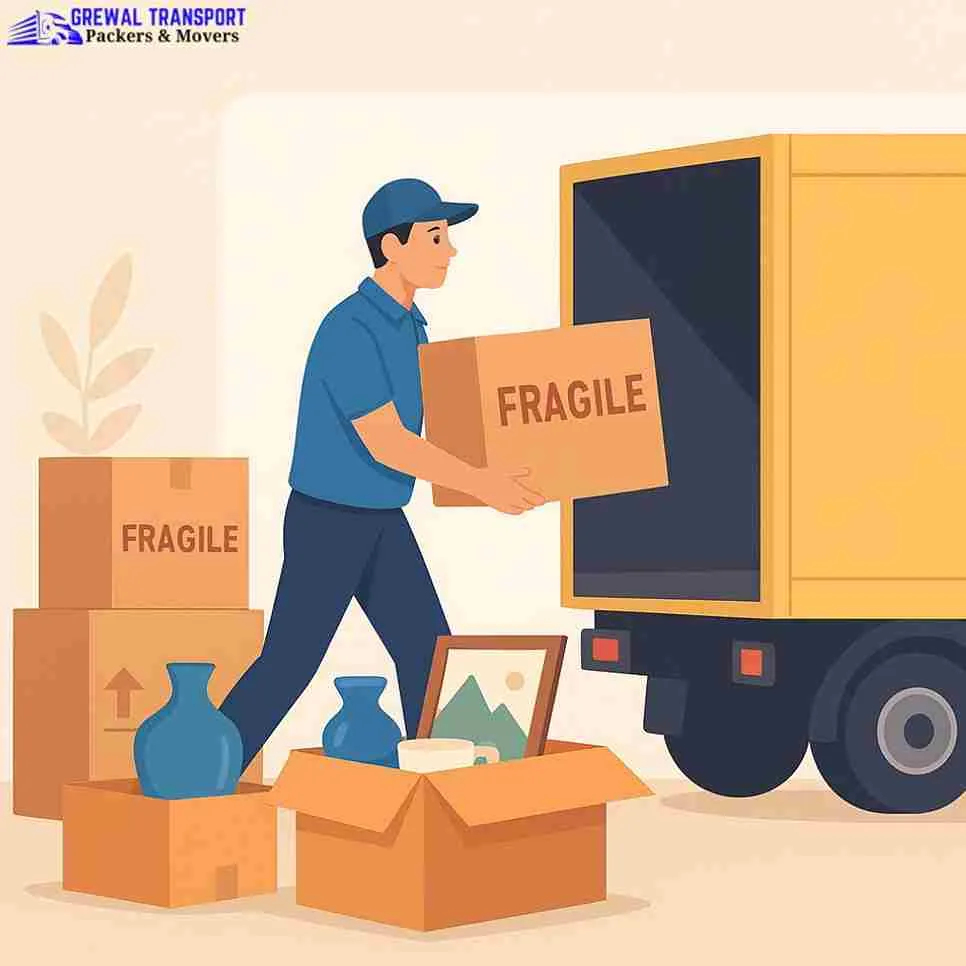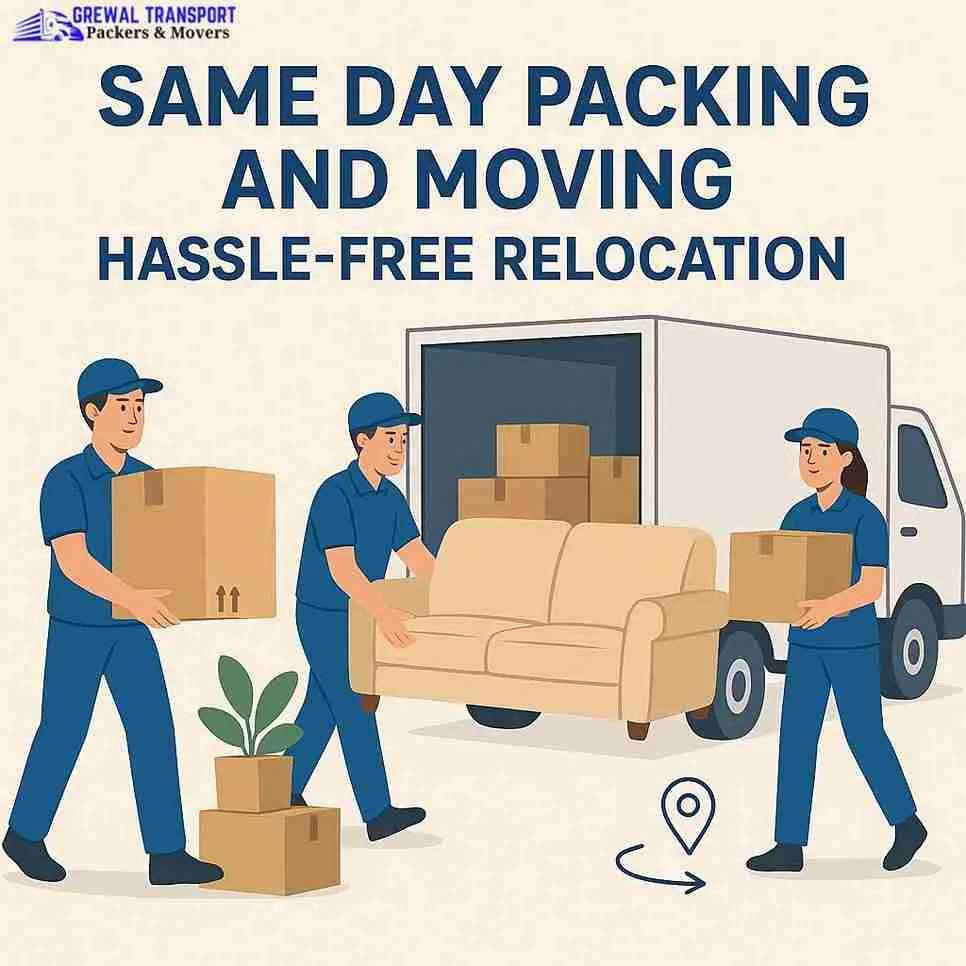Launching a packers and movers business may sound promising, especially with the constant rise in intercity shifting, urban relocation, and job-based movement. Many entrepreneurs enter this industry believing it only requires trucks and labour. But the relocation field is far more demanding.
It involves customer trust, a trained workforce, efficient operations, technology, and the ability to manage unexpected situations. The challenges are real, and understanding them is essential before stepping into this competitive market.
The Tough Battle of Gaining Customer Confidence
For any new relocation company, earning a customer’s trust is the biggest hurdle. People are cautious when handing over their belongings, whether it’s household furniture, office supplies, or delicate electronics. A new company with no strong online presence or customer reviews automatically creates doubt. Many customers fear hidden charges, unprofessional behaviour, or mishandling of goods.
Negative industry stories online also influence their mindset. To overcome this, startups need to show transparency in pricing, provide written commitments, share real photos of their work, and display genuine feedback from early clients. Trust-building requires time, but it is the most powerful marketing tool a company can have.
High Initial Investment and Financial Pressure
Entering the moving industry requires more investment than many expect. Trucks, workforce, insurance, packing material, fuel, office space, tools, advertising, and compliance all require significant capital. A new business may find it difficult to handle these expenses while customer inflow is still slow. Many startups end up overspending on vehicles or branding without planning long-term cash flow.
The smarter approach is to start small with rented vehicles, purchase packing materials in bulk at affordable rates, and focus on digital promotion instead of costly offline ads. Controlled spending in the first six months can decide whether a company survives or shuts down.
Shortage of Skilled and Reliable Workforce
Relocation is a hands-on service where the workforce plays the biggest role. Skilled workers know how to pack, lift, load, and secure items properly. But hiring and retaining trained staff is one of the biggest struggles for new companies. The logistics workforce is often unstable, with workers shifting frequently for better pay or easier work.
Training new staff requires time, patience, and money. If the team is inexperienced, even high-quality material cannot prevent damage. For long-term success, startups must invest in staff training, offer incentives, provide uniforms, ensure safety practices, and maintain a positive environment where workers feel valued.
Managing Customer Expectations in a Competitive Market
Modern customers expect fast responses, clear communication, professional packing, careful handling, punctual delivery, and transparent billing. A new business often struggles to match these expectations while also managing limited resources. Additionally, customers compare quotes from multiple companies before making a decision.
They want affordable pricing but also expect top-quality service. Balancing this becomes challenging for a new startup trying to create its place in the market. The key to handling this is explaining the value of professional service, offering multiple pricing options, and giving customers a clear breakdown of the process.
The Impact of Unorganised Competitors on Pricing Stability
A major challenge in the relocation industry is the presence of countless unorganised, unregistered competitors offering extremely low-cost services. Customers unaware of the differences often choose these cheap options, leading to price pressure on genuine companies. Startups find it difficult to justify their prices even when they offer safer and better services.
The only sustainable solution is to highlight professionalism, explain the use of quality materials, offer insurance, provide digital receipts, and show customers the difference between an unorganised and a professional mover. Over time, quality wins, but initially, price competition creates significant hurdles.
Operational Challenges and Unpredictable Situations
Running a moving business means handling unexpected situations every day. Traffic delays, last-minute cancellations, sudden weather changes, parking issues, building restrictions, and fragile items all create operational stress.
A new company may find it difficult to manage multiple shifting schedules, coordinate the workforce, and ensure timely delivery. Proper planning, route optimisation, and clear communication with customers help reduce these challenges. Experience teaches businesses how to manage unpredictable situations, but in the early stages, it becomes one of the biggest obstacles.
Slow Adoption of Technology and Digital Tools
Technology has become a core part of every modern business. Customers expect instant quotes, tracking updates, digital payments, and quick customer support. But many new packers and movers companies still follow traditional methods and face difficulty managing inquiries, scheduling, and follow-ups.
Without digital tools like CRM, GPS tracking, WhatsApp communication, or automated booking systems, startups lose potential customers. A strong online presence with a simple, mobile-friendly website and professional communication builds credibility and brings more leads. Adopting technology early allows a new company to scale faster.
Marketing Challenges and Building Online Presence
Generating leads is one of the biggest struggles for any new moving company. Ranking on Google takes months of consistent SEO work, and paid advertising often becomes expensive. A new brand has to work from scratch, creating a Google Business Profile, collecting reviews, publishing photos of completed moves, writing blogs, and sharing updates on social media. It may feel slow in the beginning, but this gradual digital presence becomes a strong source of leads later. Offline marketing, such as partnerships with housing societies, brokers, PG owners, and offices, also helps in building long-term connections.
Compliance, Documentation, and Industry Regulations
Many new businesses underestimate the importance of proper documentation. GST registration, vehicle permits, insurance, transport licenses, and safety guidelines are essential parts of the relocation business. Ignoring compliance can lead to penalties or delays, damaging the company’s reputation. Following proper processes from day one helps create a professional image and builds customer trust.
Seasonal Demand and Revenue Instability
The packers and movers industry does not operate at the same pace throughout the year. Summer months and job-transfer periods bring high demand, while monsoon and festival seasons see a drop. A new company must survive these fluctuations and manage payroll, fuel, rent, and other expenses even during low-demand months. Financial planning and consistent marketing are the only ways to manage these seasonal ups and downs.
Building a Strong Brand Takes Time and Consistency
Brand recognition plays a major role in customer decisions. People prefer hiring companies they have heard of or seen online. A new business must constantly work on improving its image through customer satisfaction, service quality, and positive reviews. Branding is not just about having a logo or website; it is about delivering reliable service consistently. Over time, this consistency turns a small startup into a trusted moving company.
Final Thoughts: How Startups Can Achieve Long-Term Success
The relocation industry offers great opportunities but also demands hard work, patience, and strategic planning. Startups must focus on earning customer trust, training their staff, managing finances wisely, and adopting modern technology. With transparency, professionalism, and consistent service quality, even a small company can grow into a trusted name in the moving industry. Every challenge becomes manageable when the business is built on dedication and customer-first values.




